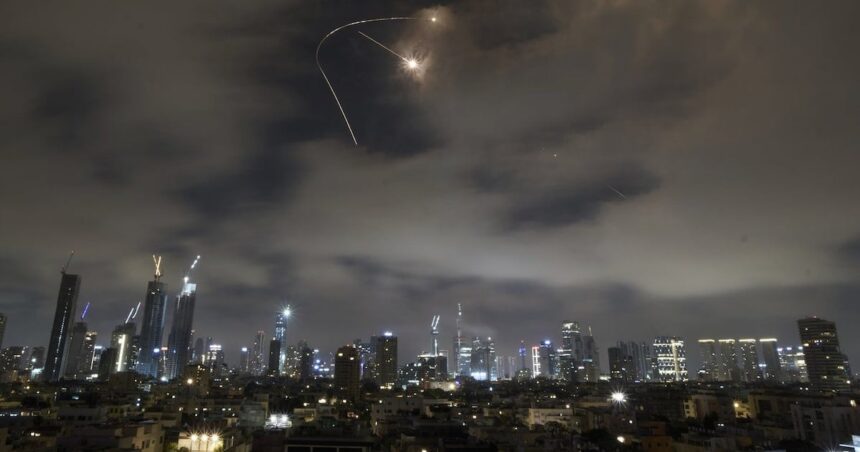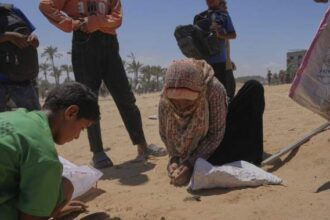The Middle East stands at a precipice of potentially catastrophic conflict as tensions between Israel and Iran reached new heights this weekend following Israel’s targeted strike near Iran’s Natanz nuclear facility. This marked escalation comes after Iran’s unprecedented direct missile attack on Israeli territory earlier this month, shattering decades of shadow warfare between the two regional powers.
“We’re witnessing a dangerous new phase in the Israel-Iran conflict that could fundamentally reshape regional security dynamics,” said Dr. Mahmoud Abbas, senior fellow at the International Crisis Group. “The targeting of sites near nuclear facilities crosses what many analysts consider a red line in this conflict.”
Intelligence sources confirm Israel’s military operation deliberately avoided striking Iran’s actual nuclear enrichment infrastructure, instead focusing on nearby air defense systems. This calculated restraint suggests Israel is carefully calibrating its response to punish Iran while avoiding actions that might trigger full-scale war or accelerate Tehran’s nuclear ambitions.
The conflict has sparked renewed international concern about Iran’s nuclear program. According to the International Atomic Energy Agency’s latest assessment, Iran has enriched uranium to 60% purity—a technical step away from weapons-grade material. Western intelligence agencies estimate Iran could produce enough fissile material for a nuclear device within weeks if it chose to pursue that path.
Iranian officials quickly condemned the attack as an act of “blatant aggression” and promised a “decisive response.” Supreme Leader Ayatollah Ali Khamenei convened an emergency meeting of Iran’s Supreme National Security Council, signaling the seriousness with which Tehran views this escalation.
Regional impacts are already evident. The Houthi movement in Yemen has threatened to resume attacks on American vessels traversing the Red Sea if the United States provides military support to Israel in any wider confrontation with Iran. This development threatens to further disrupt global shipping routes already strained by regional conflicts.
Oil markets reacted swiftly, with Brent crude futures jumping nearly 4% on fears of supply disruptions from the Middle East. Energy analysts warn that a broader conflict could send prices surging above $100 per barrel, potentially triggering inflationary pressures across global economies still recovering from pandemic-related disruptions.
Canadian officials have joined international calls for restraint. Foreign Affairs Minister Mélanie Joly stated: “We urge all parties to exercise maximum restraint and pursue diplomatic channels. Further escalation serves no one’s interests and risks catastrophic humanitarian consequences.”
The Biden administration finds itself in a delicate position, attempting to support Israel while preventing regional conflagration. U.S. Secretary of State Antony Blinken has engaged in intense diplomatic efforts, holding emergency consultations with European and Arab partners to establish a unified de-escalation strategy.
Military analysts note that both nations possess formidable capabilities. Israel’s advanced air defense systems and sophisticated intelligence operations stand against Iran’s extensive missile arsenal and proxy network spanning Lebanon, Syria, Iraq, and Yemen. This asymmetric dynamic makes conventional deterrence calculations particularly complex.
The situation continues to evolve hour by hour, with Israel reportedly placing its Arrow anti-ballistic missile systems on heightened alert in anticipation of potential Iranian retaliation. Military experts suggest Iran may respond through its proxy network rather than directly, allowing Tehran to maintain plausible deniability while still extracting a price from Israel.
As tensions escalate between these regional powers, the fundamental question remains: can diplomatic intervention prevent further escalation, or are we witnessing the opening moves in a conflict that could reshape the Middle East’s security architecture for decades to come?


















